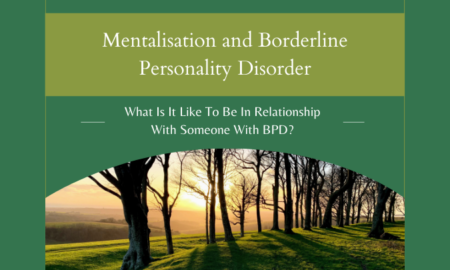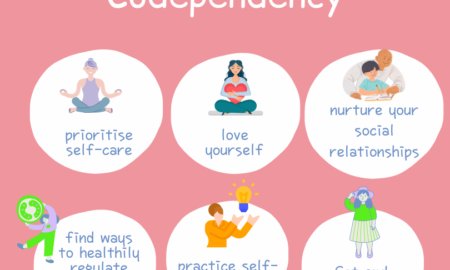Relationships

In a Relationship with Someone with BPD?
Being in a relationship with someone who has Borderline Personality Disorder (BPD) can be emotionally intense and, at times, confusing. You may experience moments of deep connection, only to be…

New Year, Fresh Start: How Reflection Fuels Personal Growth
As the New Year begins, many of us feel a renewed sense of purpose, setting resolutions that reflect our hopes for personal growth and change. While it’s true that committing…

Navigating the Maze of Codependency
Welcome, avid seekers of psychological insight, to a jump into the labyrinthine world of codependency. Within the intricate tapestry of human relationships, codependency weaves a subtle yet pervasive thread, often…

Why We Crave Connection
In a world filled with digital distractions and constant busyness, it’s easy to forget just how essential human connection is to our well-being. But the truth is, we all crave…

Navigating Couples Therapy When Your Partner Isn’t on the Same Page
Deciding to seek couples psychotherapy can be a significant step toward improving your relationship. When you opt for the modality of Transactional Analysis (TA), it demonstrates your commitment to understanding…

What To Expect in Couples Therapy
Couples psychotherapy can be a transformative journey, offering couples a chance to address their challenges, enhance communication, and foster a healthier, more fulfilling relationship. When it comes to the modality…

How To Spot Emotional Abuse
Never feeling good enough. Doubting yourself and wondering where you have gone wrong. Walking on eggshells. Watching what you say and changing your behaviour to avoid being reprimanded. If any…

Your Mental Health During Lockdown
For the last few months, the majority of us have been living with new limitations. This has come with a wide range of complex challenges to our mental health. Freedom…

Understanding How Our Brain Impacts On Our Relationships
When considering your important relationships and thinking about what makes the good ones good and the bad ones bad there may be lots of things that come to mind. You…
Ready to Make a Change? Book an Initial Consultation Today
If you have any questions at all about therapy or would like to make an appointment, get in touch. I will usually be able to respond to you within 24 hours.
